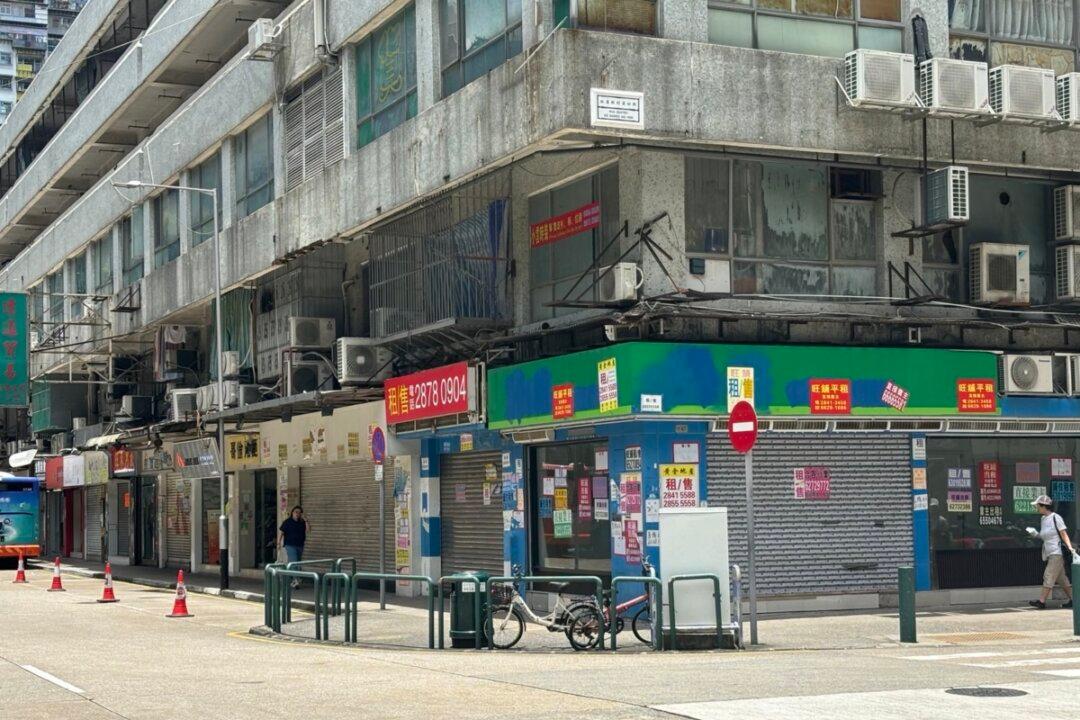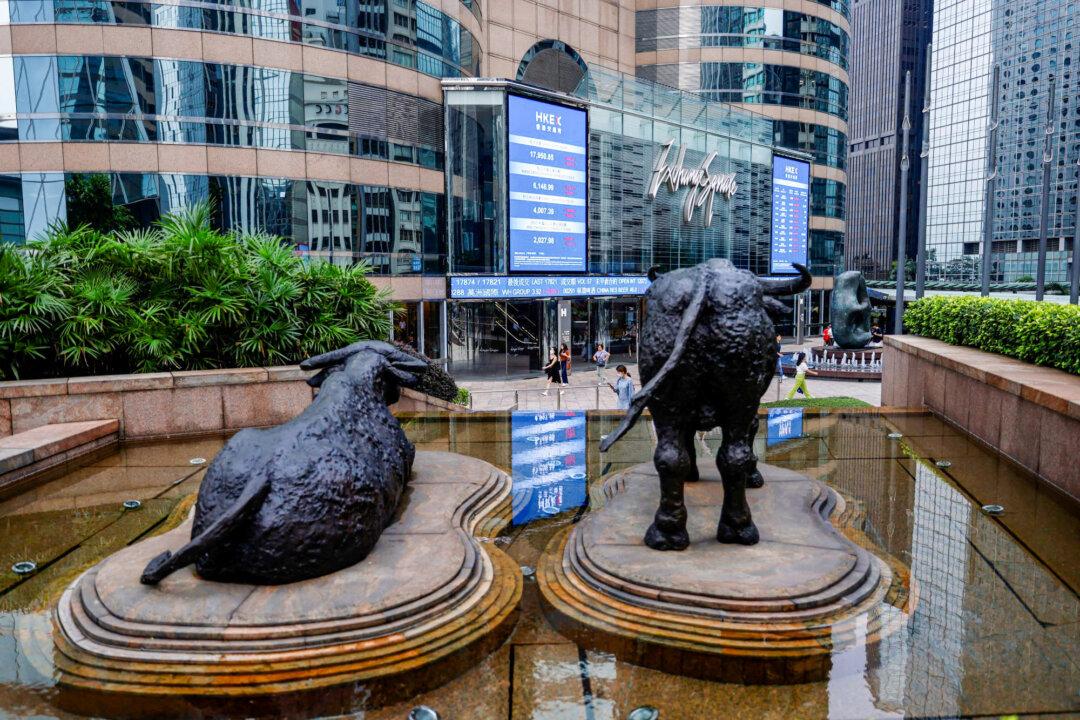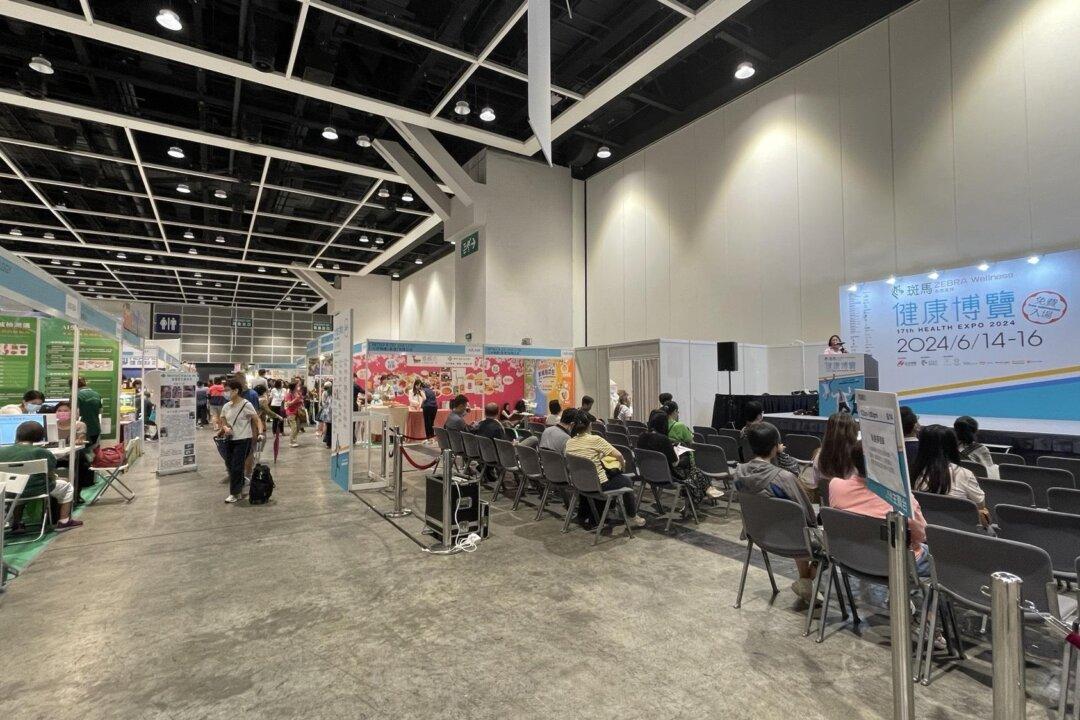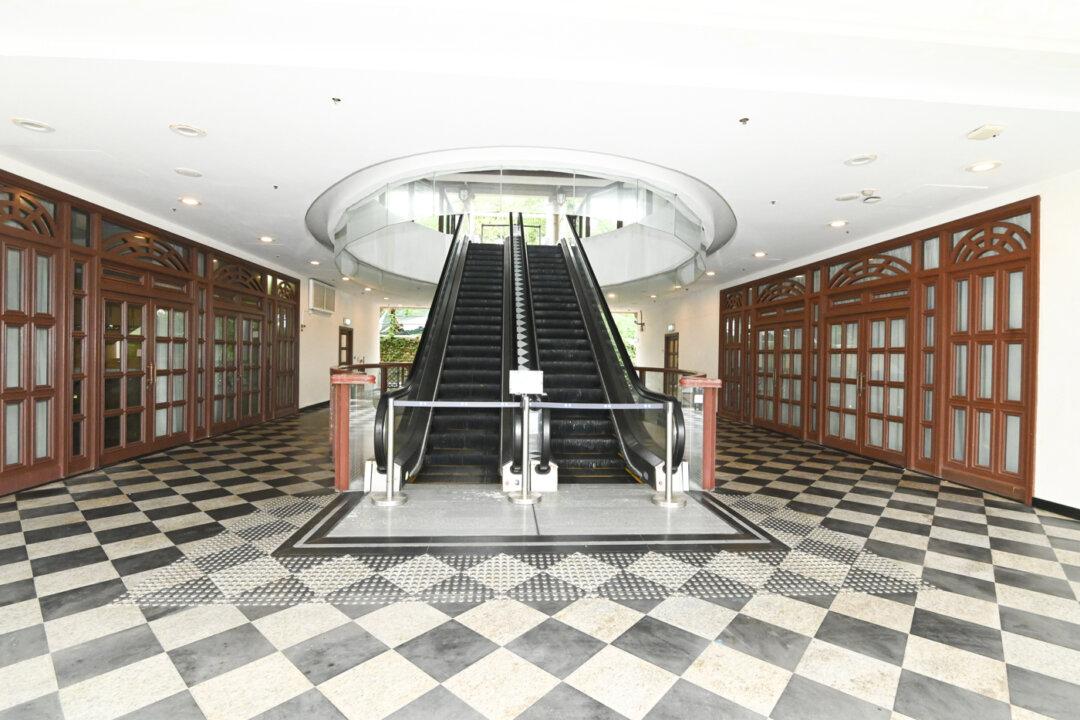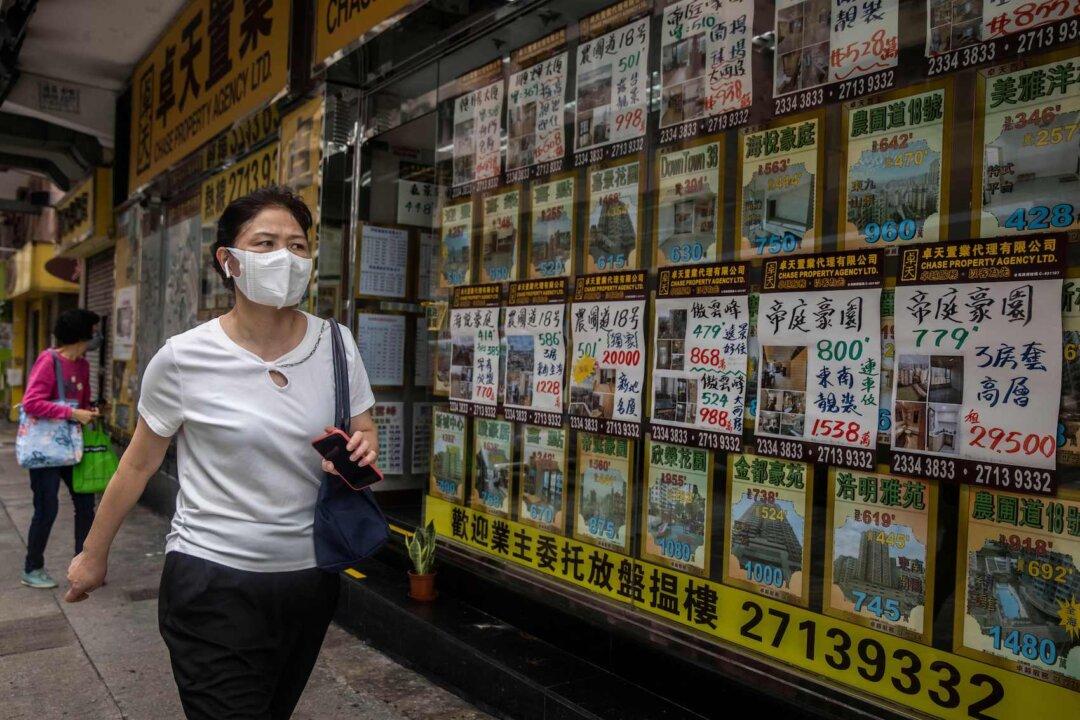This year, a large number of vacant shops have appeared in Macau, and tourist areas are no exception. Similar to Macau, Hong Kong, which promotes “northbound travel” to mainland China, has also seen an increase in vacant storefronts and an economic decline.
The “Northbound Travel for Macau Vehicles” policy began on Dec. 20, 2022. It allowed private vehicles in Macau to enter Guangdong Province via the Hong Kong-Zhuhai-Macau Bridge after registration. In Hong Kong, a similar policy named “Northbound Travel for Hong Kong Vehicles” started on July 1, 2023.
